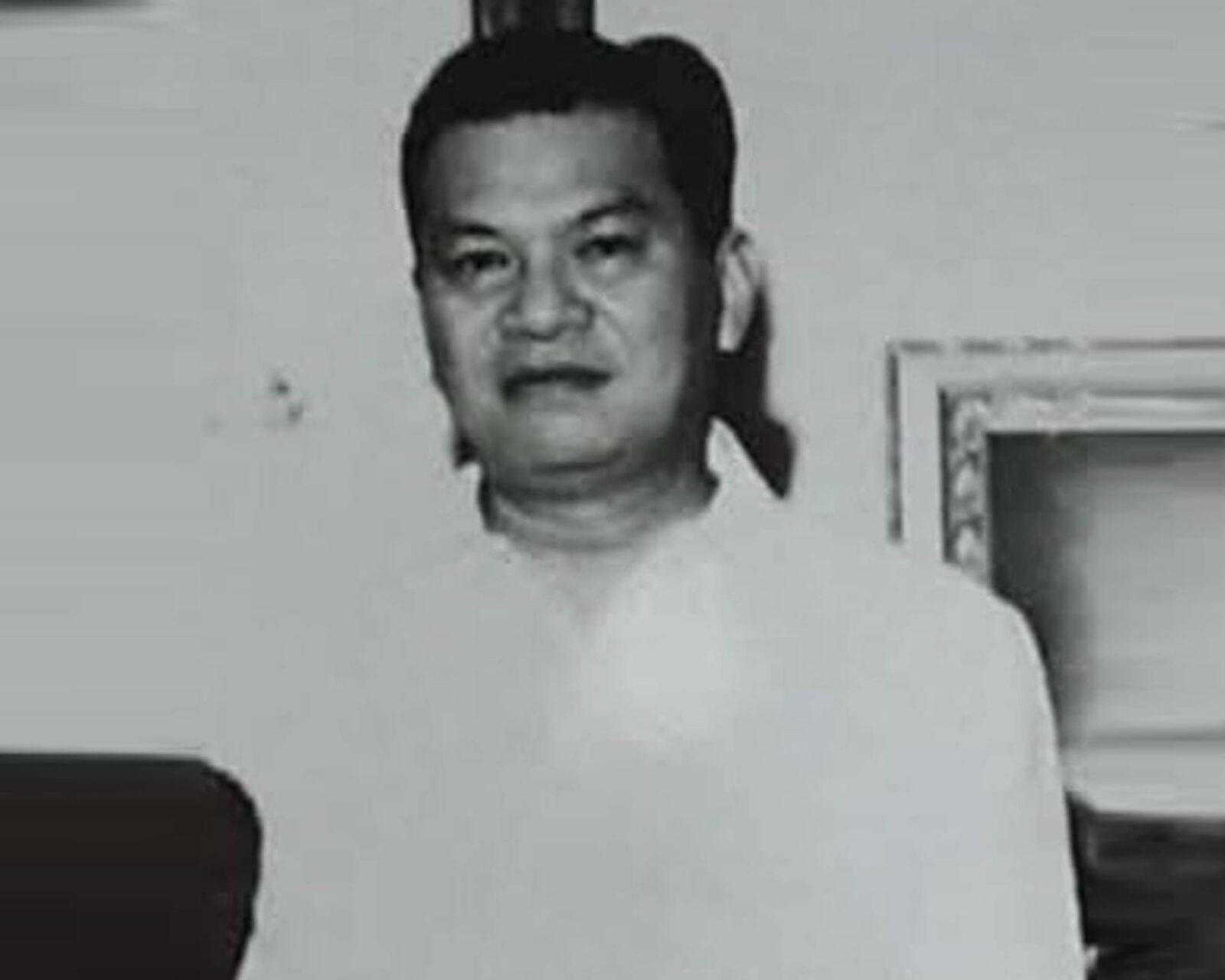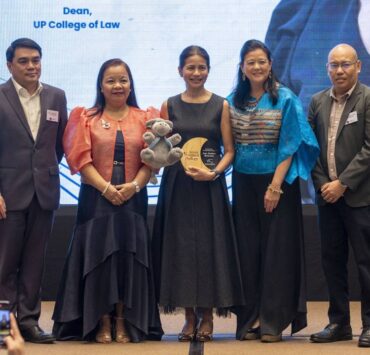The Guy’s legacy: Dynasty never a goal

When Ramon Magsaysay was reelected as congressman of the then lone district of Zambales, “his local personal popularity was at its peak,” wrote his biographer Dr. Jose Veloso Abueva, former University of the Philippines System president.
“When the counting was over, he (Magsaysay) got 17,473 votes, which was 58 percent of the 30,105 valid votes cast, or 16 percent more than the combined votes of his five opponents. Magsaysay won in all the towns except one…,” Abueva said in his book “Ramon Magsaysay: ‘Servant Leader’ with a Vision of Hope.”
Abueva added, “The most telling evidence of Magsaysay’s political strength was that, for the first time, all the eight (Quirino-Liberal) candidates for senator whom he supported swept Zambales. President Elpidio Quirino and his vice presidential candidate, Iloilo sugar planter Fernando Lopez, carried the province with a substantial lead over their rivals.”
Quirino would appoint Magsaysay secretary of national defense on Aug. 31, 1950, leaving the congressman’s seat in the House of Representatives vacant.
No major controversy
If it were any person other than The Guy, as Filipinos would eventually dub him, it would have been easy to keep the seat for the family by fielding his wife, sibling or any other relative to replace him and start a Magsaysay political dynasty in Zambales.
And it would hardly have caused any major controversy given his popularity and the high regard his province mates obviously had for him.
Besides, political dynasties have been part of Philippine culture for centuries.
As Carla Teng-Westergaard, writing for Asia Media Centre, said: “The Philippines is noted for being a dynastic democratic country. Powerful clans have long played a major role in its politics for centuries. Political dynasty is not a new phenomenon in the Philippines. It originated with Spanish colonization in the sixteenth century and has continued right up until the present day.”
The 1987 Philippine Constitution explicitly stated in Article II Section 26:
“The State shall guarantee all equal access to opportunities for public service, and prohibit political dynasties as may be defined by law.”
‘Fat dynasties’
But Teng-Westergaard, who wrote the article in 2022 following the election of Ferdinand Marcos Jr. as president, noted, “The situation, however, expanded dramatically in recent years, with the rise of ‘fat dynasties,’ in which numerous relatives of a politician simultaneously hold public office.”
Various attempts to enact a law to carry out the Constitution’s mandate have been largely ignored.
If Magsaysay was not inclined to keep his congressional seat for the family, how he felt about political dynasties became more apparent after he became the seventh President of the Republic of the Philippines, the youngest to be elected to the highest position in the country.
“In 1955, the President blocked … Genaro (his youngest brother who was better-known as Gene), who was after a House seat,” Abueva said.
Genaro would become Zambales’ congressman only after his brother’s untimely demise on March 17, 1957 at the age of 49. He would later win a Senate seat.
Magsaysay’s only son and namesake, Ramon Jr., would not enter politics until 1965, running for his father’s former seat in the House of Representatives. He was elected senator in 1995 and served until 2007.
Antinepotism
The late President’s opposition to his relatives going into politics was part of his antinepotism policy. “In a society where family ties are strong, Magsaysay’s sweeping injunction against favored treatment of his and his wife’s relatives was unheard of,” Abueva, who also wrote “Ramon Magsaysay: A Political Biography,” said.
Magsaysay’s determination not to give preferential treatment to relatives resulted in one case being brought to the Supreme Court. “His antinepotism axe fell first on his uncle, Ambrosio, whose bidded contract to transport coal for the government’s cement corporation was ordered canceled. It took a Supreme Court decision awarding damages to the elder Magsaysay to end their mutual anguish,” Abueva recalled.
Father’s advice: Don’t
Sixty-eight years after Magsaysay’s death in a plane crash, no close relative is holding any prominent position in government, elective or appointive.
His grandson Francisco, or Paco, said, although he briefly contemplated going into politics, his father, Ramon Jr., convinced him there were other ways he could carry on his grandfather’s legacy of helping those who have less in life as an entrepreneur.
For the family Ramon Magsaysay left behind, establishing a political dynasty was never the goal. It has always been to preserve his legacy of service to those who are most in need.

















